Magic in stories can be many things, from a rare force only accessible by the Chosen One to something so everyday and mundane that society is entirely built around it. Magic can be associated with ivory tower academic learning, or grassroots, dirt-under-the-fingernails engagement with nature. But some of the most compelling stories about magic are when magical powers in general, or some specific variants of magical craft, are forbidden. In these fantasy books about forbidden magic, the magic user not only has to grapple with learning their powers, but with hiding them from society at large, defending their ability to use them, or sometimes struggling with themselves as they try to control their magic without seeming — or becoming — a monster.
Amari and the Night Brothers by B. B. Alston
Amari Peters has a tough task ahead of her — not only does she have to join the Bureau of Supernatural Affairs, pass three fiendishly difficult tryouts, and try to track down her missing brother Quinton, she has to do this all this while dealing with the prejudice and roadblocks she faces after her magical gift is revealed. Unlike all the other new trainees at the Bureau, Amari’s magical powers are illegal. Amari is a magician, and, as previous magicians have caused dangerous chaos for the hidden magical world of the Bureau, she is immediately not trusted by the majority of her classmates. As well as searching for her brother and trying to survive this strange new world, Amari has to prove that being a magician doesn’t equate to being evil.
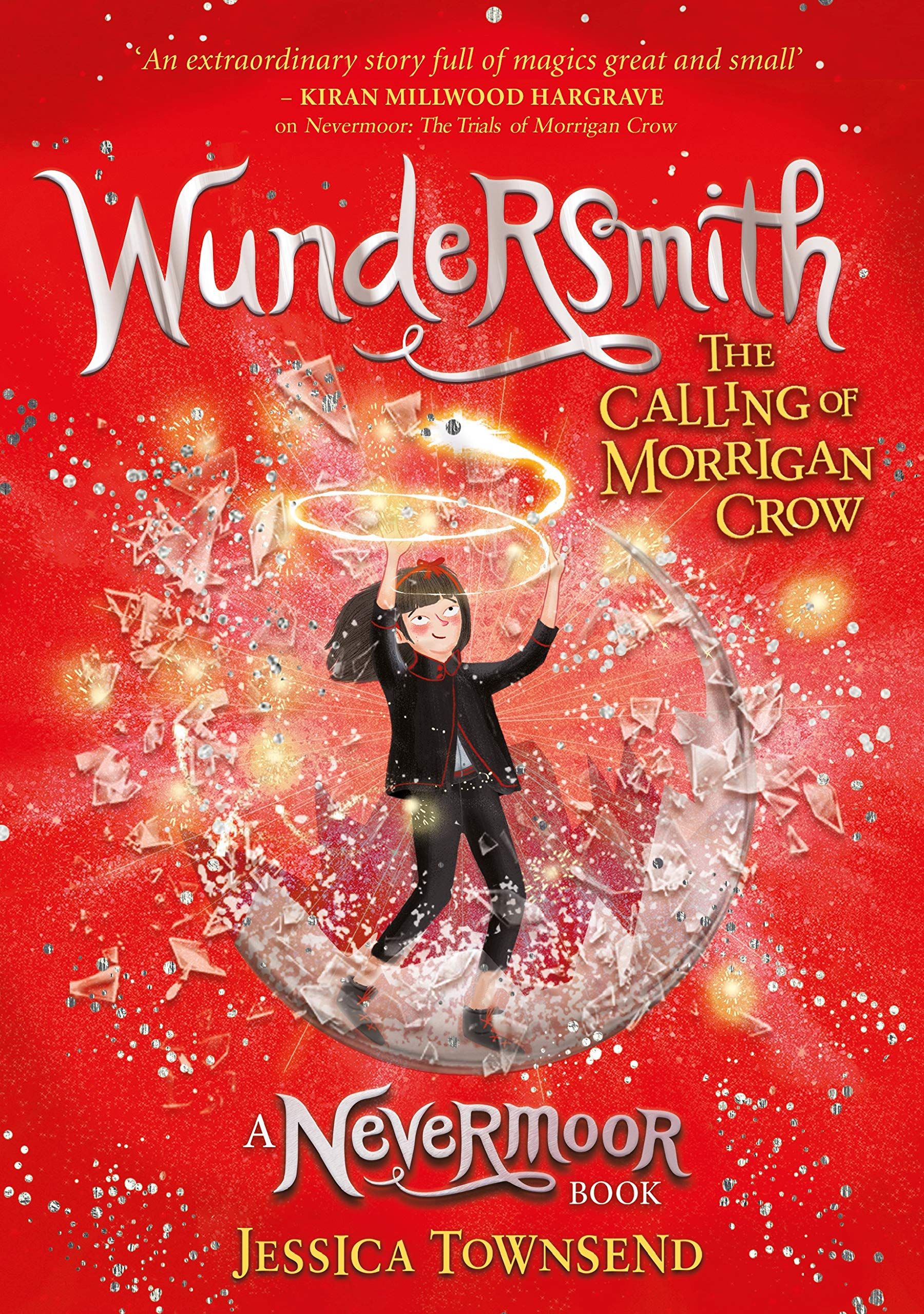
Wundersmith: The Calling of Morrigan Crow by Jessica Townsend
Much like Amari, Morrigan Crow is a magic user with a forbidden power: she’s a Wundersmith, a powerful magician who can reshape the world around her. Unfortunately, previous Wundersmiths have caused immense problems for the world of Nevermoor, using their powers to work feats of magic that range from nasty pranks to apocalyptic devastation. In the second book in the Morrigan Crow series, Morrigan must negotiate her first year of training at the Wundrous Society — but all her teachers want her to know is how terrible Wundersmiths are, and how she must control, constrain, and never use her magic.
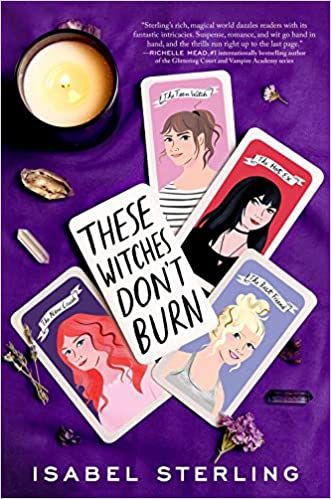
These Witches Don’t Burn by Isabel Sterling
Set in Salem, Massachusetts, These Witches Don’t Burn features a hidden magical world of witch covens, based around different and distinct strains of magic. One of these types of magic — Blood Magic — is feared and frowned upon by other witches, including Elemental witches like the book’s protagonist Hannah. In fact, Hannah has a particular fear of Blood Witches, having fallen foul of one in an ill-advised trip out of town. However, as terrible events start to overtake the town of Salem, Hannah learns that she may be wrong about many things, including the nature of Blood Magic itself.
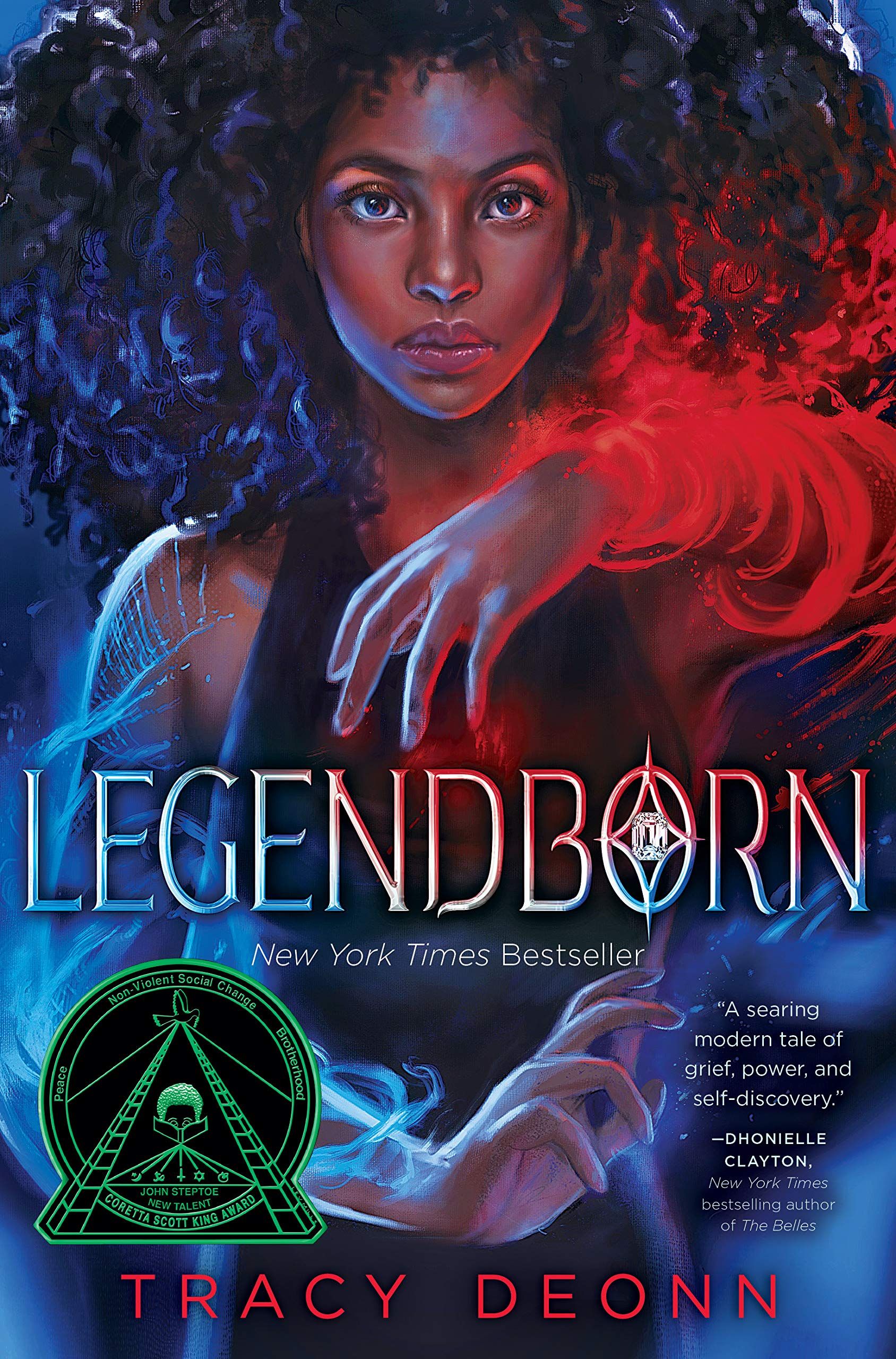
Legendborn by Tracy Deonn
In Legendborn, we see a slightly different take on “forbidden” magic. Protagonist Bree, a young Black woman, encounters two different forms of magic as part of her engagement with two different groups: the secret society of the Legendborn, an affluent, exclusionary, and almost entirely white group that she becomes involved with in her residential university programme, who use magic to fight demons; and a community of Black women and girls who practice root magic and communicate with ancestors. Both groups distrust the magical practices of the other, and Bree must draw her own conclusions about the different types of magic as she learns about her personal and family history, and attempts to uncover the secrets behind her mother’s death.
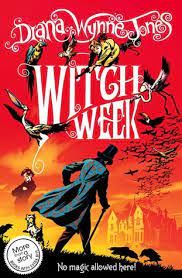
Witch Week by Diana Wynne Jones
Part of Diana Wynne Jones’s Chrestomanci series, Witch Week takes place in a contemporary parallel world where magic is real, but completely banned. Practicing witchcraft carries a death sentence, and the children of executed witches are sent to a boarding school, Larwood House. A teacher at the school discovers a note that reads “Someone in this class is a witch,” which starts a panic that leads to a witch hunt and puts the lives of the school’s children in danger.
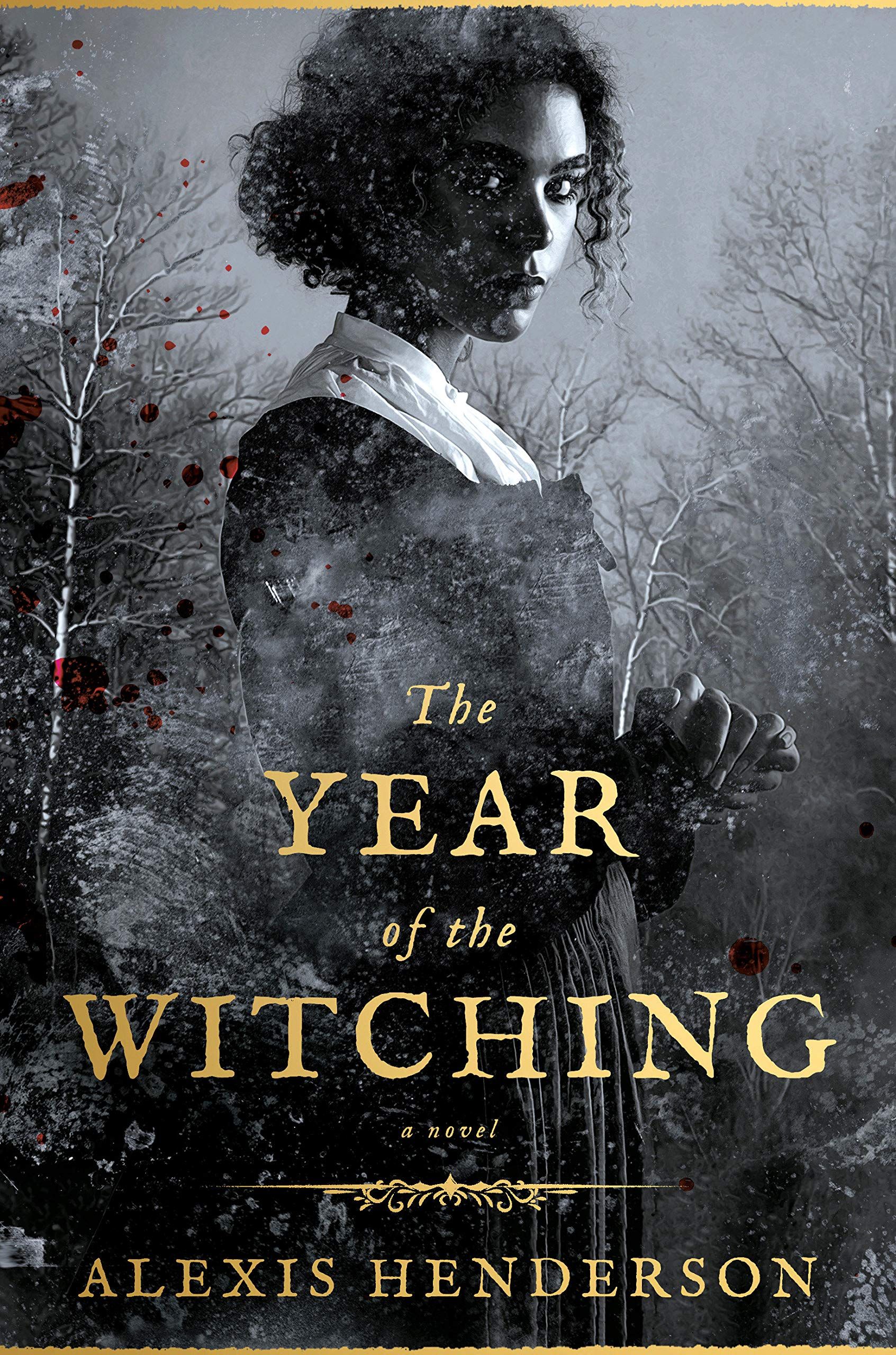
The Year of the Witching by Alexis Henderson
Set in Bethel, a world of strict patriarchy and puritanical religion, The Year of the Witching tells the story of Immanuelle Moore, a teenage girl who is attempting to live a pious and holy life — but who discovers that she has family connections to forbidden witchcraft that threatens to put her and her family in danger. Henderson’s debut novel is a fascinating and often chilling feminist horror story that digs deep into the concept of “forbidden magic”, and particularly why society classes it as forbidden.
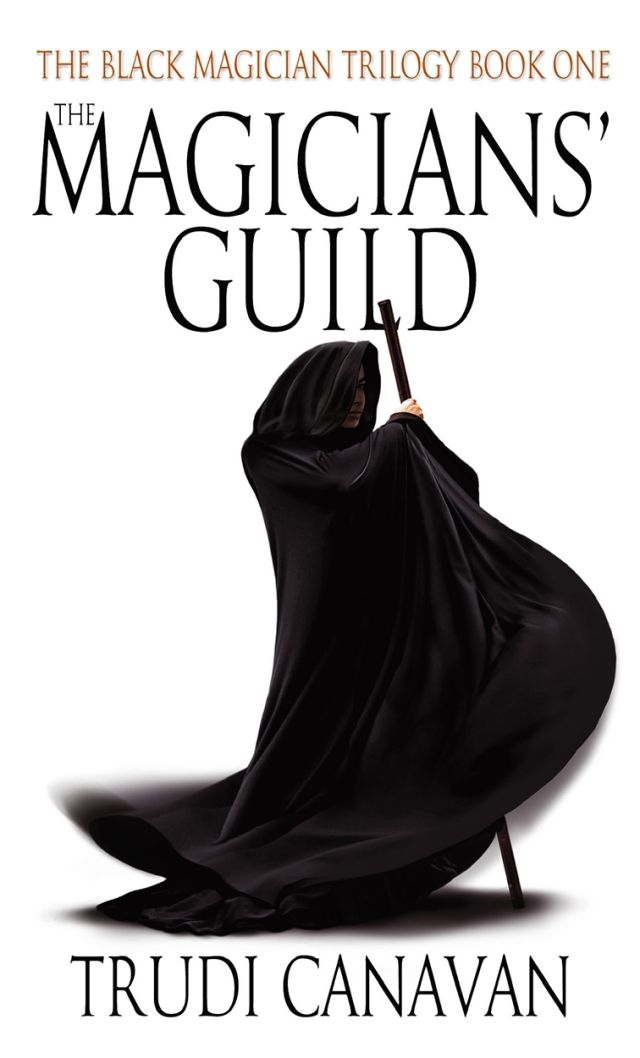
The Magician’s Guild by Trudi Canavan
In the highly stratified city of Imardin, the magicians begin the year by chasing homeless people out of the streets — until a young homeless girl, Sonea, throws a stone that breaches their magical shields. Sonea is revealed to have magical power that the regular magicians of the guild neither trust nor understand, and this, combined with her non-aristocratic background, make her an outcast and a target even as she is taken into the guild to train. The first in a trilogy, The Magician’s Guild explores forbidden magic alongside classism and other forms of prejudice.
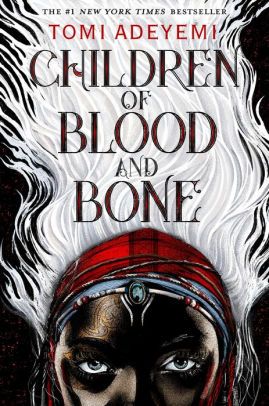
Children of Blood and Bone by Tomi Adeyemi
Tomi Adeyemi’s highly-acclaimed novel is set in the land of Orïsha, a place that used to be full of magic, until the king carried out a massacre of magic users that left protagonist Zélie orphaned and outcast. Zélie must survive, learn to control her magic, and try to turn the tide of hatred that has caused such harm to her community.
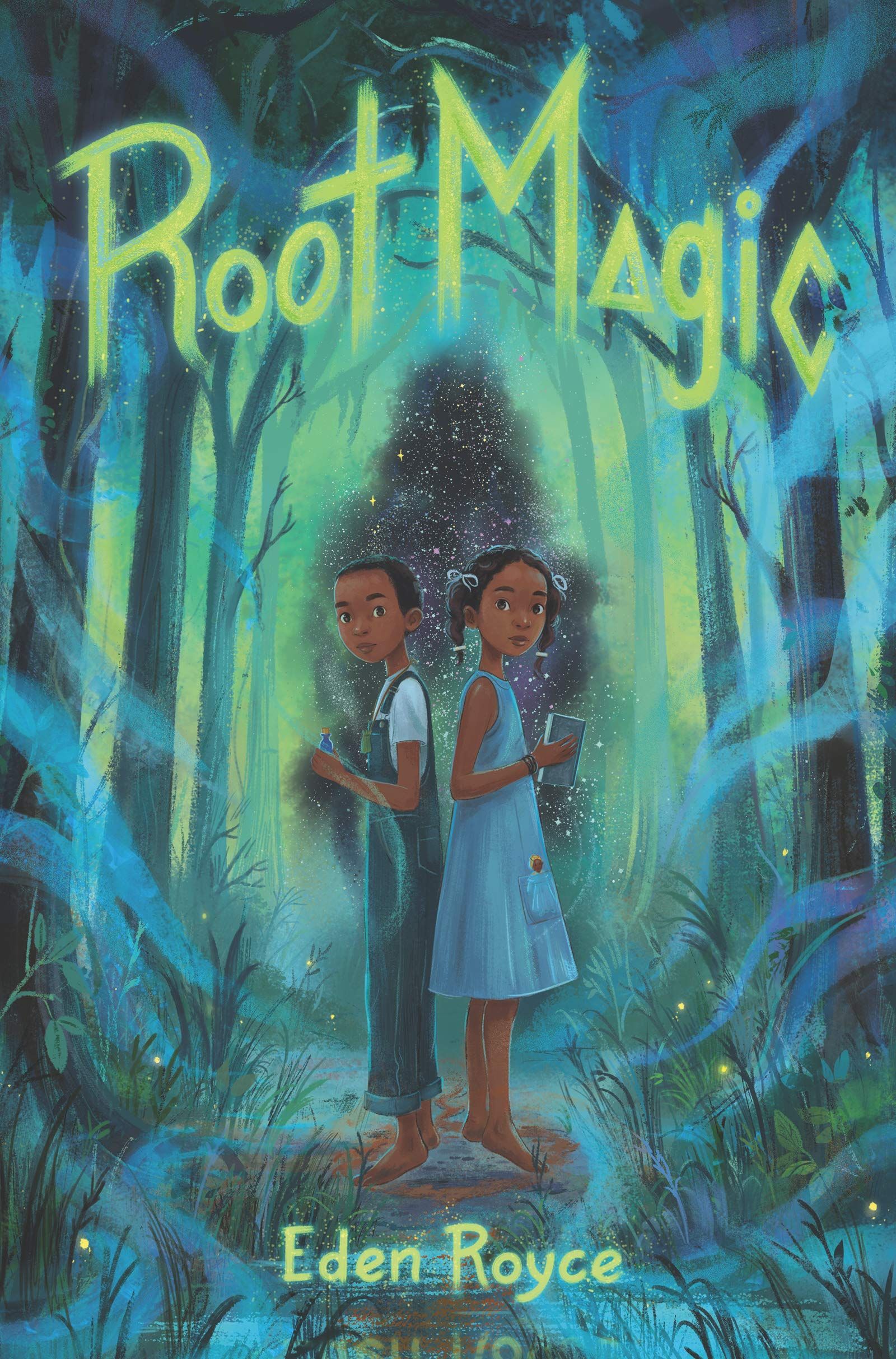
Root Magic by Eden Royce
Set in South Carolina in the 1960s, Root Magic follows the story of twins Jez and Jay Turner. Jez and Jay are dealing with bereavement, racism, police harassment, and starting in a newly-integrated school — and they are also starting to learn rootwork with their uncle Doc. As well as negotiating a racist society, and keeping their magic secret from the racist authorities that surround them, Jez and Jay have to deal with a supernatural threat to their town and family.
Whether the magic in question is simply frowned upon or outright condemned, stories about forbidden magic make for high-stakes, high-tension tales that fantasy fans will love exploring. For more engaging tales of fantasy worlds, try our quiz Create a Fantasy World and Get Your Next New YA Fantasy Recommendation. For forbidden magic books with a historical twist, try 16 Books on the Salem Witch Trials to Kick Off Your Spooky Fall.














